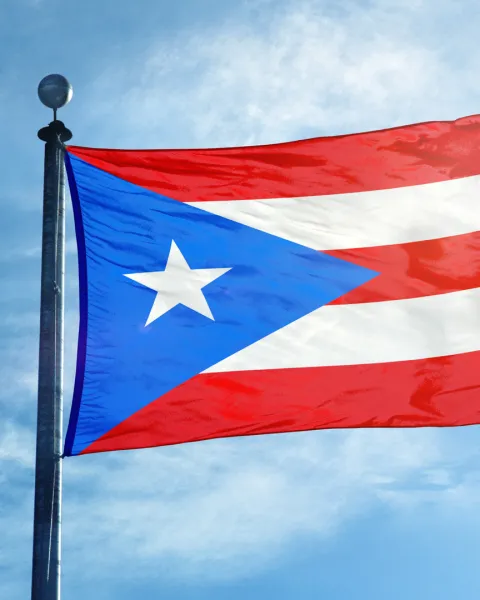When the Puerto Rico Minimum Wage Act, Act No. 47-2021, went into effect, in addition to the three hourly rate increases set out in the law, a new Minimum Wage Review Board appointed by the governor was to periodically review the minimum wage and announce increases every two years. However, the governor has not appointed all Board members and the Board has not begun operations. There is no certainty if or when the minimum wage will be increased again after the July 1, 2024, increase.
Prior to January 1, 2022, Puerto Rico generally followed the federal minimum wage. The Puerto Rico Legislature passed Act No. 47-2021 to stem the tide of local workers leaving the Island to find better paying jobs. Act No. 47-2021 expressly provides for three automatic minimum wage increases generally applicable to non-exempt employees. The second increase, from $8.50 to $9.50, will take place on July 1, 2023. The third scheduled will be to $10.50 on July 1, 2024, unless the new Board provides otherwise.
Among the industries that have felt, and will continue to feel, the impact of Act No. 47-2021 are the retail and restaurant industries. These industries represent a large sector of the economy in Puerto Rico and typically rely on hourly employees. Employees in the retail and restaurant industries are covered by Act No. 47-2021 unless they are covered by a collective bargaining agreement establishing higher wages than those provided in the statute. For restaurant employees who receive tips, the statute tasked the Board with the duty of adopting a base salary that, combined with tips, equals or is more than the adopted minimum wage. As the Board has not begun operations and no local base salary has been adopted, these employees are subject to the automatic minimum wage in Act No. 47-2021.
Generally, employees in the retail and restaurant industries in Puerto Rico are not unionized and, thus, are not subject to collective bargaining agreements. Consequently, in addition to the skyrocketing price of utilities, including electricity, the retail and restaurant industries also are challenged by the lack of personnel and, starting July 1, 2023, an increase in the minimum wage. The increase may have an indirect effect. These industries sometimes have hourly supervisors who are paid an hourly rate higher than the minimum wage to account for the supervisory duties, further increasing operational costs. To attract and keep employees, some of the employers in these industries had already voluntarily increased what they pay, to around $9.50 an hour.
The long-term impact of the statutory wage increases and whether they will force these industries to further voluntarily increase the wages for hourly employees are yet unclear. The uncertainty continues for employers who are barely able to keep up with the increases, and still-unknown future increases, in a challenging economy.
The hope is that the Board soon will be appointed, and it will provide a more thorough analysis of the impact of wages increases. The Board is charged with preparing or requesting annual reports to evaluate the cost of living and inflation in order to determine future increases to the minimum wage. These reports must consider the Island’s economic development, including the economic activity index and productivity. Certainly, these seem to account for the financial stability of the Island’s different industries that will be affected by the increases, which should be considered when determining if a particular wage increase can be implemented without jeopardizing the economy.
Please contact a Jackson Lewis attorney with any questions.
© Jackson Lewis P.C. This material is provided for informational purposes only. It is not intended to constitute legal advice nor does it create a client-lawyer relationship between Jackson Lewis and any recipient. Recipients should consult with counsel before taking any actions based on the information contained within this material. This material may be considered attorney advertising in some jurisdictions. Prior results do not guarantee a similar outcome.
Focused on employment and labor law since 1958, Jackson Lewis P.C.’s 1,100+ attorneys located in major cities nationwide consistently identify and respond to new ways workplace law intersects business. We help employers develop proactive strategies, strong policies and business-oriented solutions to cultivate high-functioning workforces that are engaged and stable, and share our clients’ goals to emphasize belonging and respect for the contributions of every employee. For more information, visit https://www.jacksonlewis.com.


